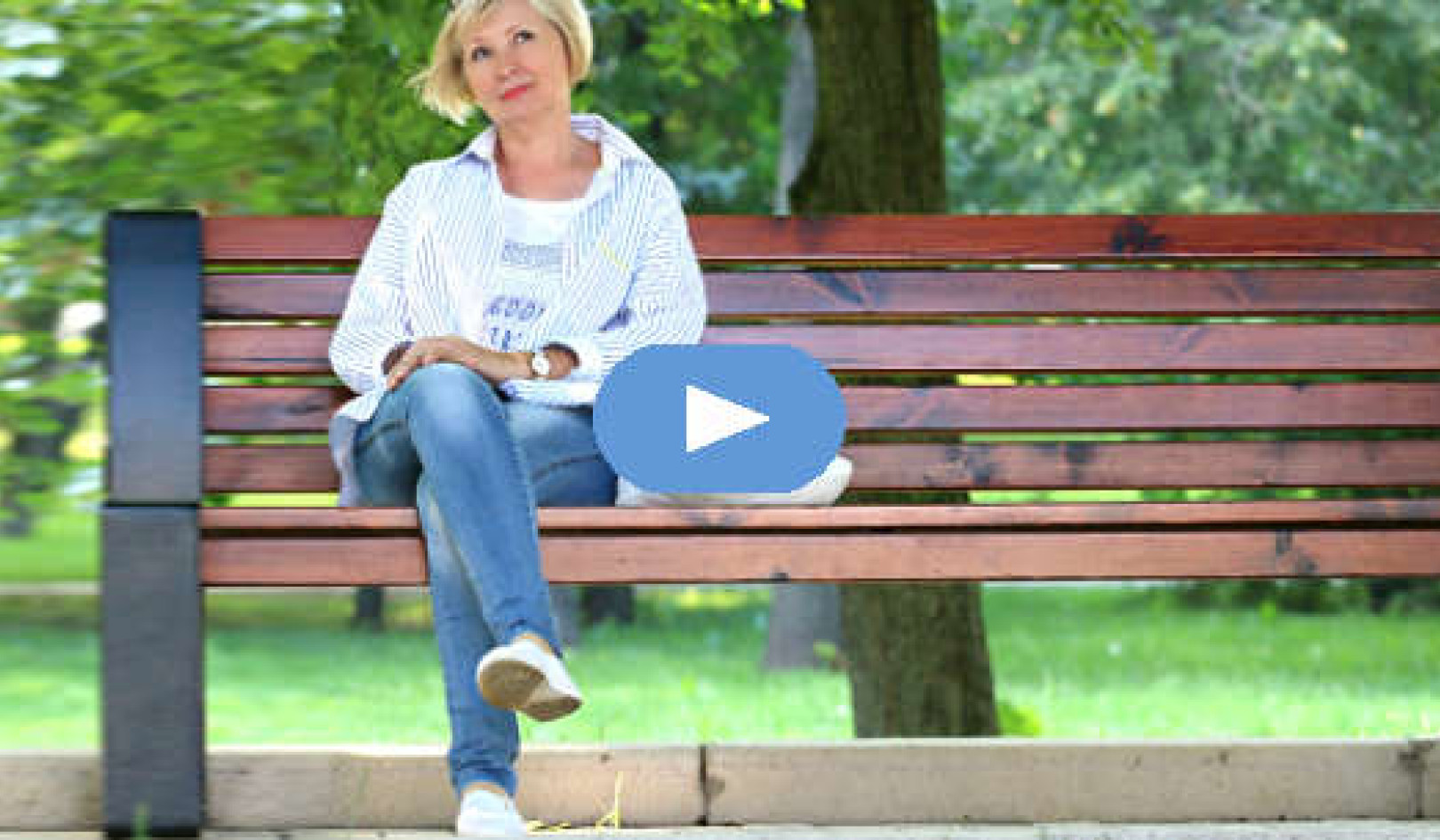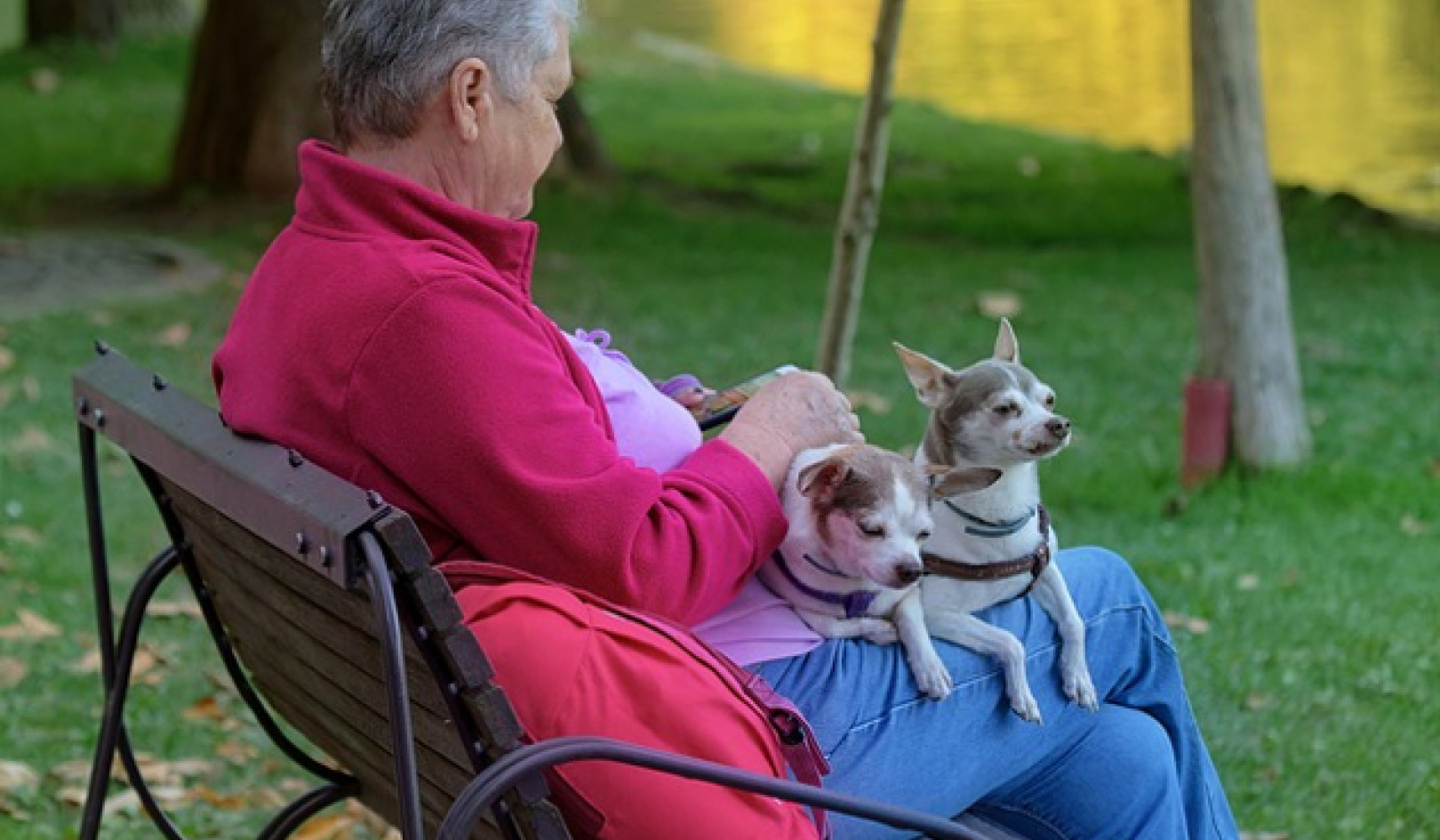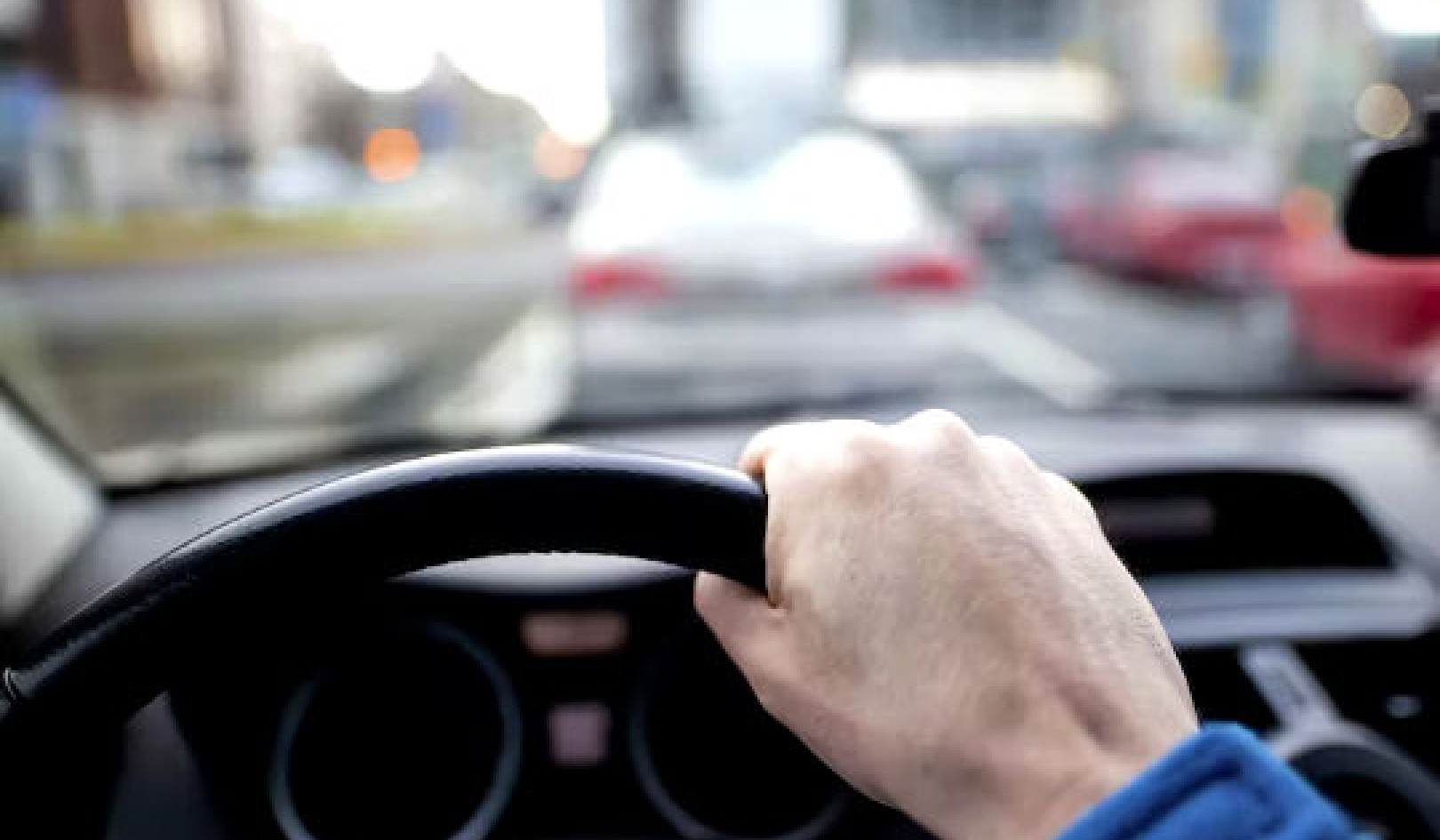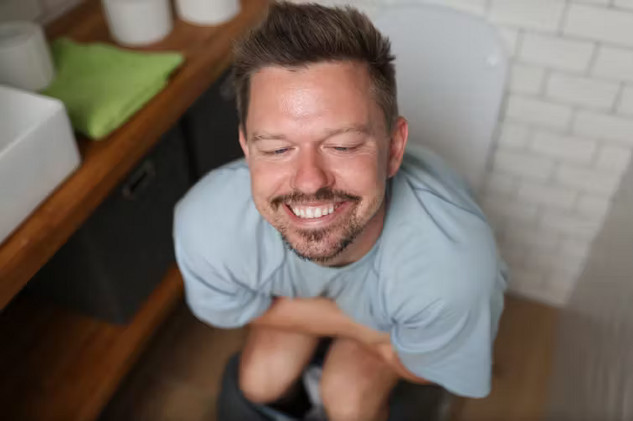
Nej, du forestiller dig det ikke. Folk er virkelig mere tilbøjelige til at bæve om morgenen, kort efter morgenmaden. Forskere har faktisk undersøgt dette.
But why mornings? What if you tend to poo later in the day? And is it worth training yourself to be a morning pooper?
To understand what makes us poo when we do, we need to consider a range of factors including our body clock, gut muscles and what we have for breakfast.
Here’s what the science says.
So morning poos are real?
I en UK undersøgelse from the early 1990s, researchers asked nearly 2,000 men and women in Bristol about their bowel habits.
The most common time to poo was in the tidlig morgen. The peak time was 7-8am for men and about an hour later for women. The researchers speculated that the earlier time for men was because they woke up earlier for work.
About a decade later, a Chinese study found a similar pattern. Some 77% of the almost 2,500 participants said they did a poo in the morning.
But why the morning?
There are a few reasons. The first involves our døgnrytme – our 24-hour internal clock that helps regulate bodily processes, such as digestion.
For healthy people, our internal clock means the muscular contractions in our colon follow a distinct rhythm.
There’s minimal activity in the night. The deeper and more restful our sleep, the færre of these muscle contractions we have. It’s one reason why we don’t tend to poo in our sleep.
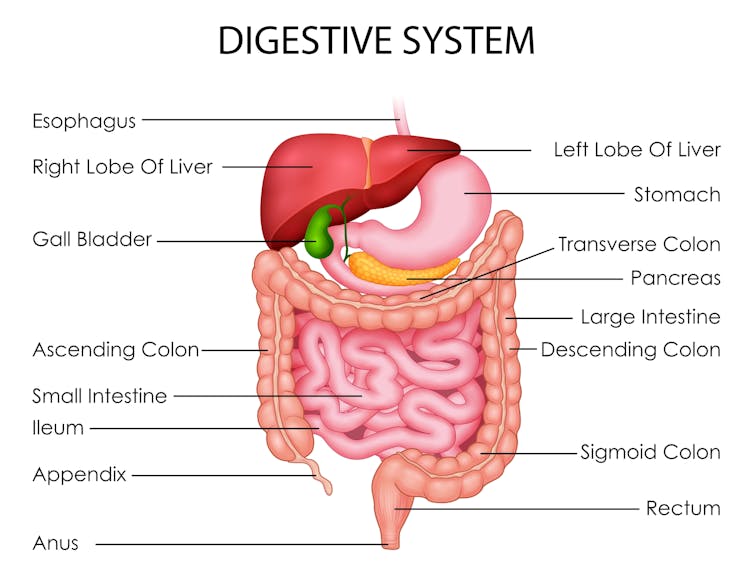
Your lower gut is a muscular tube that contracts more strongly at certain times of day. Vectomart/Shutterstock
But there’s increasing activity during the day. Contractions in our colon are most active in the morning after waking up and after any meal.
One particular type of colon contraction partly controlled by our internal clock are known as “massebevægelser”. These are powerful contractions that push poo down to the rectum to prepare for the poo to be expelled from the body, but don’t always result in a bowel movement. In healthy people, these contractions occur a few times a day. They are more frequent in the morning than in the evening, and after meals.
Breakfast is also a trigger for us to poo. When we eat and drink our stomach stretches, which triggers the “gastrocolic refleks”. This reflex stimulates the colon to forcefully contract and can lead you to push existing poo in the colon out of the body. We know the gastrocolic reflex is strongest in the morning. So that explains why breakfast can be such a powerful trigger for a bowel motion.
Then there’s our morning coffee. This is a very powerful stimulant of contractions in the sigmoid colon (the last part of the colon before the rectum) and of the rectum itself. This leads to a bowel motion.
How important are morning poos?
Large international undersøgelser show the vast majority of people will poo between three times a day and three times a week.
This still leaves a lot of people who don’t have regular bowel habits, are regular but poo at different frequencies, or who don’t always poo in the morning.
So if you’re healthy, it’s much more important that your bowel habits are comfortable and regular for you. Bowel motions ikke have to occur once a day in the morning.
Morning poos are also not a good thing for everyone. Nogle mennesker med irritabel tarmsyndrom feel the urgent need to poo in the morning – often several times after getting up, during and after breakfast. This can be quite distressing. It appears this early-morning rush to poo is due to overstimulation of colon contractions in the morning.
Can you train yourself to be regular?
Yes, for example, to help treat constipation using the gastrocolic reflex. Children and elderly people with constipation can use the toilet immediately after eating breakfast for at lindre symptomer. And for adults with constipation, drinking coffee regularly can help stimulate the gut, particularly in the morning.
A disturbed circadian rhythm can also lead to irregular bowel motions and people more likely to poo in the aftener. So better sleep habits can not only help people get a better night’s sleep, it can help them get into a more regular bowel routine.
Regular physical activity and avoiding sitting down a lot are also important in stimulating bowel movements, particularly in people with constipation.
Vi ved stress can contribute to irregular bowel habits. So minimising stress and focusing on relaxation kan hjælpe bowel habits become more regular.
Fibre from fruits and vegetables also hjælper make bowel motions more regular.
Finally, ensuring tilstrækkelig hydrering helps minimise the chance of developing constipation, and helps make bowel motions more regular.
Monitoring your bowel habits
Most of us consider pooing in the morning to be regular. But there’s a wide variation in normal so don’t be concerned if your poos don’t follow this pattern. It’s more important your poos are comfortable and regular for you.
If there’s a major change in the regularity of your bowel habits that’s concerning you, see your GP. The reason might be as simple as a change in diet or starting a new medication.
But sometimes this can signify an important change in the health of your gut. So your GP may need to arrange further investigations, which could include blood tests or imaging.![]()
Vincent Ho, Associate Professor and clinical academic gastroenterologist, Western Sydney University
Denne artikel er genudgivet fra The Conversation under en Creative Commons-licens. Læs oprindelige artikel.

Relaterede Bøger:
Atomvaner: En nem og påvist måde at opbygge gode vaner og bryde dårlige ting på
af James Clear
Atomic Habits giver praktiske råd til at udvikle gode vaner og bryde dårlige, baseret på videnskabelig forskning om adfærdsændringer.
Klik for mere info eller for at bestille
De fire tendenser: de uundværlige personlighedsprofiler, der afslører, hvordan du kan gøre dit liv bedre (og også andre menneskers liv bedre)
af Gretchen Rubin
De fire tendenser identificerer fire personlighedstyper og forklarer, hvordan forståelse af dine egne tendenser kan hjælpe dig med at forbedre dine relationer, arbejdsvaner og overordnet lykke.
Klik for mere info eller for at bestille
Tænk igen: Kraften ved at vide, hvad du ikke ved
af Adam Grant
Think Again udforsker, hvordan folk kan ændre deres sind og holdninger, og tilbyder strategier til at forbedre kritisk tænkning og beslutningstagning.
Klik for mere info eller for at bestille
Kroppen holder score: hjerne, sind og krop i helbredelsen af traumer
af Bessel van der Kolk
The Body Keeps the Score diskuterer sammenhængen mellem traumer og fysisk sundhed og giver indsigt i, hvordan traumer kan behandles og heles.
Klik for mere info eller for at bestille
The Psychology of Money: Tidløse lektioner om rigdom, grådighed og lykke
af Morgan Housel
The Psychology of Money undersøger de måder, hvorpå vores holdninger og adfærd omkring penge kan forme vores økonomiske succes og generelle velbefindende.






















